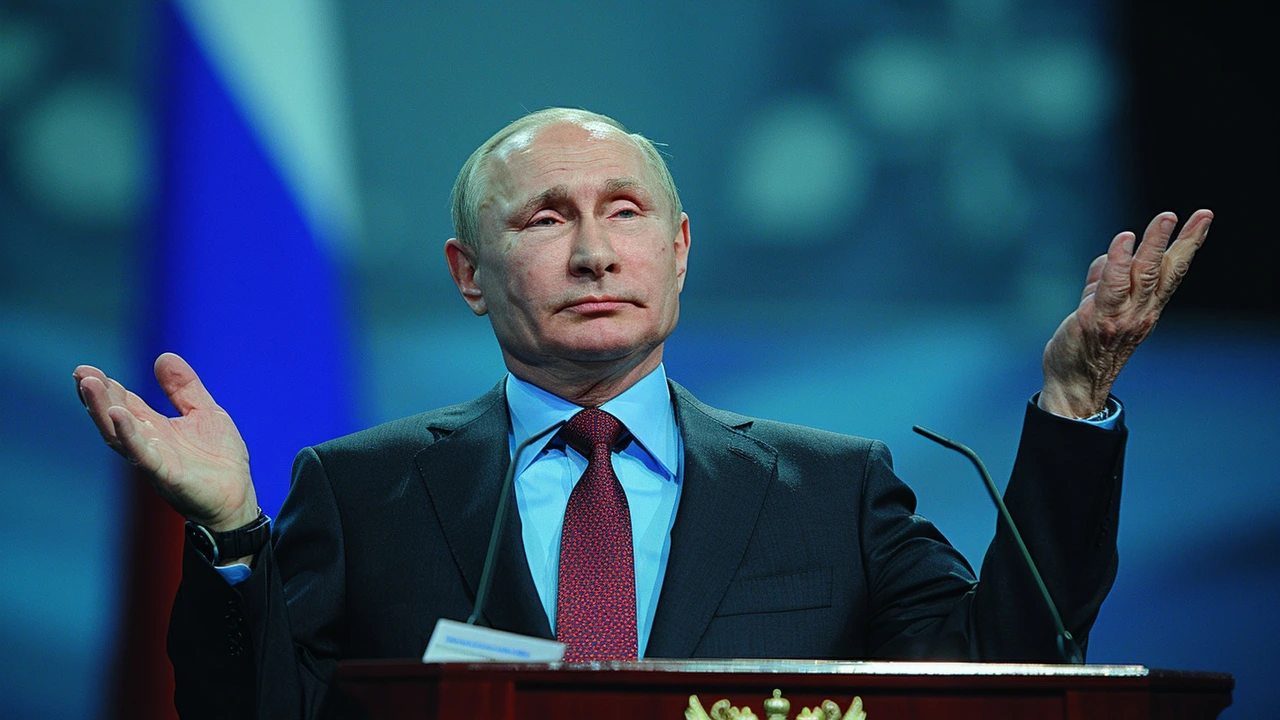Frozen Russian Assets: Understanding the Global Impact
Frozen Russian assets have become a hot topic in international finance and global diplomacy. Countries around the world have imposed sanctions targeting Russian banks, businesses, and individuals by freezing billions in assets to limit Russia's financial power. But what exactly are frozen assets, and why does it matter to you?
Frozen assets refer to money, properties, or investments that authorities restrict from being accessed or transferred. Governments freeze these assets as a financial penalty or political tool to influence a country's behavior without immediate military conflict. In Russia's case, many Western countries froze billions tied to the government and oligarchs after geopolitical tensions escalated.
How Frozen Assets Affect Global Markets
When huge sums of money get frozen, it doesn't just impact Russia. It shakes up financial markets everywhere. Businesses that rely on Russian trade or investment face uncertainties, causing price swings in energy, commodities, and even currency markets. For example, energy costs fluctuate when sanctions disrupt Russian oil and gas exports, directly affecting consumers worldwide.
It's also a complicated puzzle because those frozen assets aren't easy to liquidate or repurpose. Countries face legal and diplomatic hurdles deciding whether to seize the assets permanently or hold them in limbo. This creates risks for investors and banks managing those funds, requiring careful navigation to avoid escalating conflicts or unintended financial losses.
What This Means for South Africa and Cape Town
For South Africans following global news, frozen Russian assets might feel distant but have local effects. South Africa engages with global markets and foreign investors affected by sanctions. Changes in commodity prices, currency volatility, and global diplomacy influence the country's economy and trade opportunities.
Cape Town businesses connected to import-export may feel the pinch indirectly through higher costs or supply delays. Meanwhile, the government monitors how shifting alliances over sanctions might affect diplomatic ties and economic partnerships. It's a reminder that global events ripple through local communities.
Staying informed on topics like frozen Russian assets helps you grasp how international issues touch your daily life. Whether you're tracking economic trends, investing, or just curious about world news, understanding how money moves and gets stuck in geopolitical conflicts makes the news more relevant and clearer.
Want to keep up with the latest? Follow trusted news sources covering both global actions and their local impact on South Africa and Cape Town. It’s the best way to see beyond headlines and understand what those frozen assets mean for all of us.
Putin Labels G7’s $50 Billion Ukraine Loan Deal From Frozen Russian Assets as 'Theft'
Vladimir Putin has denounced the G7's $50 billion loan package for Ukraine, funded by interest from frozen Russian assets, as theft. Speaking to the Ministry of Foreign Affairs, he criticized Western efforts to legalize the asset freezes and called for a new international security system. The G7 and the European Union reached this agreement to support Ukraine’s defense and reconstruction.

